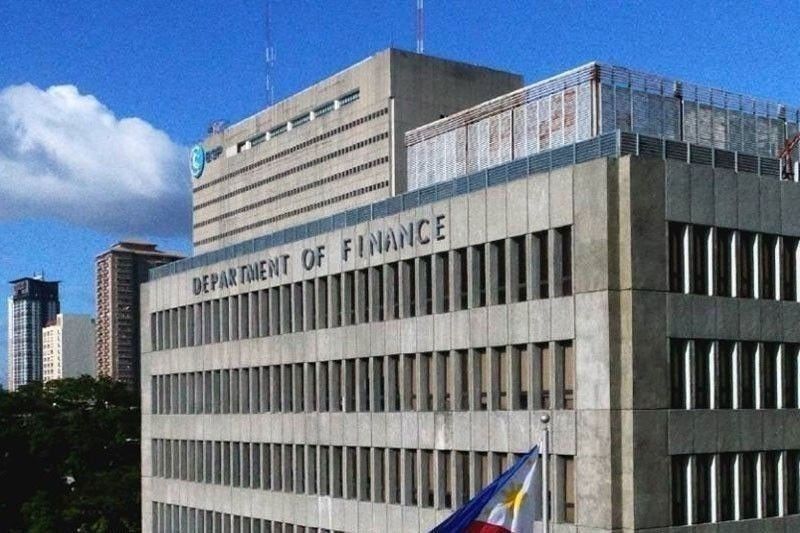DOF to hasten sale of government assets

MANILA, Philippines — The Department of Finance (DOF) is amending the guidelines governing the disposition of some of the state’s assets meant to add to revenue-generating measures of the administration.
Finance Undersecretary Catherine Fong said the Privatization and Management Office (PMO) is facing some problems in the sale of various state assets.
“What we are trying to do right now is amend the PrC (Privatization Council) guidelines to make disposition easier. We need to raise a lot of funds,” Fong said.
“The PrC has approved a lot of properties for disposition. But the PMO is not very good at marketing,” she said.
The DOF is leading the process of selling some 28,000 real estate titles with varying sizes.
The national government also has shares in tollways, mining as well as in other state and private corporations.
The PrC is the policy-making body that approves all privatization plans prepared by the PMO. It provides final approval for the proposed price and buyer for the assets.
The PMO, on the other hand, serves as the marketing arm of the government in terms of transferred assets, government corporations and other properties assigned to it by the PrC for disposition.
“At the moment, the guidelines do not allow us to sell lower than the base price, which is set by two independent appraisals,” Fong said.
“A lot of these properties, for example, have many informal settlers. It makes sense to just sell it to the LGUs (local government units),” she added.
However, LGUs are only willing to buy at zonal value and the DOF is not allowed to do this.
“Our first priority right now is to amend the guidelines, to make it easier to dispose of these properties so we can raise more money,” Fong said.
For one, the 2.2-hectare Mile Long property in Makati has an ongoing litigation issue and the DOF wants to just sell it to the LGU.
The DOF aims to come up with the amended guidelines within the month.
According to Fong, the DOF is being bogged down by appraisal and appraisal prices, which are either too low or much higher than the actual market price.
“It’s like we do not have the flexibility, and a lot of the assets that have been auctioned were failed bidding, so we’re also trying to solve how to minimize that,” Fong said.
- Latest
- Trending



























